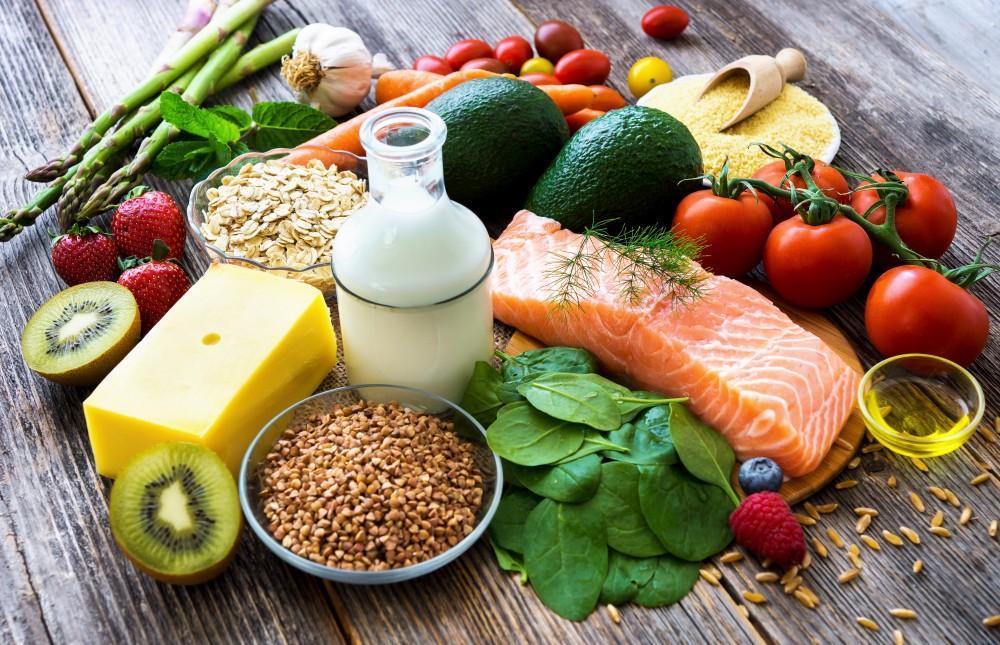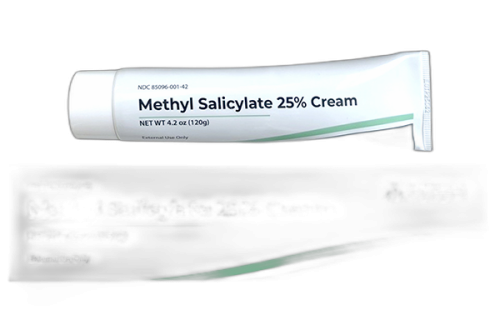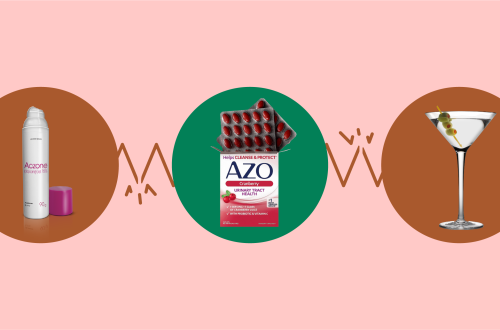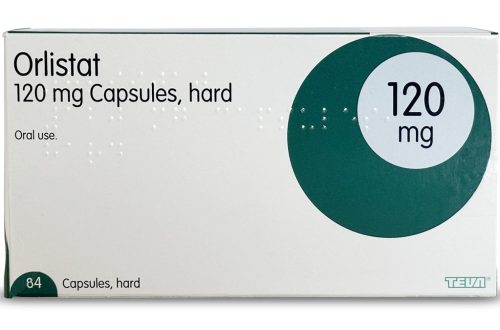Introduction
Hemorrhoids are swollen veins in the lower rectum or anus that can cause pain, itching, and bleeding. One of the most effective ways to prevent and manage hemorrhoids is by improving your diet, particularly by increasing fiber intake. Fiber softens stools, promotes regular bowel movements, and reduces straining, which helps alleviate pressure on hemorrhoidal veins.
This article dives deep into why fiber matters for hemorrhoid health, explores the best high-fiber foods, and offers practical tips on how to incorporate fiber into your daily routine to prevent and manage hemorrhoids effectively.
Why Is Fiber Important for Hemorrhoids?
Fiber is the part of plant-based foods that your body can’t digest. It passes through your digestive system mostly intact, adding bulk and softness to stool, making bowel movements easier and less painful.
Benefits of Fiber for Hemorrhoids:
- Softens stool: Prevents hard, dry stools that cause straining.
- Increases stool bulk: Stimulates bowel movement frequency.
- Reduces constipation: A major risk factor for hemorrhoids.
- Decreases pressure: Less straining means less pressure on hemorrhoidal veins.
- Promotes gut health: Supports a healthy digestive tract overall.
Types of Fiber
Understanding the two main types of dietary fiber helps in planning a balanced diet:
1. Soluble Fiber
- Dissolves in water to form a gel-like substance.
- Slows digestion, helps regulate blood sugar, and lowers cholesterol.
- Found in oats, beans, lentils, apples, citrus fruits, and carrots.
2. Insoluble Fiber
- Does not dissolve in water.
- Adds bulk to stool and helps food pass more quickly through the stomach and intestines.
- Found in whole grains, nuts, seeds, potatoes, and the skins of fruits and vegetables.
Both types are important for overall digestive health and hemorrhoid prevention.
Best High-Fiber Foods for Hemorrhoid Prevention and Management
Here’s a list of fiber-rich foods to include in your diet:
1. Whole Grains
- Brown rice, quinoa, barley, oatmeal, whole wheat bread, and whole-grain pasta.
- Provide insoluble fiber to increase stool bulk.
2. Legumes
- Beans (black beans, kidney beans, chickpeas), lentils, and peas.
- Rich in both soluble and insoluble fiber.
3. Fruits
- Apples (with skin), pears, berries, oranges, bananas, and prunes.
- Provide soluble fiber and antioxidants.
4. Vegetables
- Broccoli, carrots, Brussels sprouts, spinach, kale, and sweet potatoes.
- High in insoluble fiber, vitamins, and minerals.
5. Nuts and Seeds
- Almonds, walnuts, chia seeds, flaxseeds.
- Good source of fiber, healthy fats, and protein.
6. Psyllium Husk
- A natural fiber supplement often used to relieve constipation.
- Soluble fiber that forms a gel to soften stools.
How to Increase Fiber Intake Safely
Sudden increases in fiber can cause bloating, gas, or cramps. Follow these tips to safely boost fiber intake:
- Gradually increase fiber: Add small portions daily over several weeks.
- Drink plenty of water: Fiber works best with adequate hydration.
- Balance fiber types: Include both soluble and insoluble fiber.
- Choose whole foods: Prefer natural sources over processed fiber supplements.
- Listen to your body: Adjust if you experience discomfort.
Sample Fiber-Rich Meal Plan
- Breakfast: Oatmeal topped with berries and flaxseeds.
- Snack: An apple with skin and a handful of almonds.
- Lunch: Quinoa salad with chickpeas, spinach, carrots, and olive oil.
- Snack: Greek yogurt with chia seeds and sliced pear.
- Dinner: Grilled salmon, steamed broccoli, and sweet potato.
- Hydration: At least 8 glasses of water throughout the day.
Additional Lifestyle Tips for Hemorrhoid Prevention
- Exercise regularly to promote bowel function.
- Avoid prolonged sitting or standing.
- Respond promptly to the urge to have a bowel movement.
- Avoid straining on the toilet.
- Maintain a healthy weight.
When to See a Doctor
If you experience bleeding, severe pain, or persistent hemorrhoid symptoms despite dietary changes, consult a healthcare professional for proper evaluation and treatment.
Conclusion
Incorporating fiber-rich foods into your diet is a simple, natural, and effective strategy to prevent and manage hemorrhoids. By softening stools and promoting regularity, fiber reduces strain on delicate anal veins, helping to alleviate symptoms and improve digestive health.
Making fiber a daily staple—alongside adequate hydration and healthy lifestyle habits—can significantly enhance your comfort and quality of life. Start today with small changes and enjoy the benefits of the fiber fix!
FAQs:
How does fiber help prevent hemorrhoids?
Fiber softens stool and reduces constipation, lowering strain during bowel movements and easing pressure on hemorrhoids.
What are some high-fiber foods I can eat?
Whole grains, beans, fruits (like apples and berries), vegetables (such as broccoli and carrots), nuts, and seeds.
How much fiber should I consume daily?
Adults should aim for about 25-30 grams of fiber per day from food sources.
Can I increase fiber too quickly?
Yes, increasing fiber too fast can cause gas, bloating, or cramps; increase gradually and drink plenty of water.
Are fiber supplements effective for hemorrhoids?
Yes, supplements like psyllium husk can help soften stool, but whole foods are preferred for overall health.






